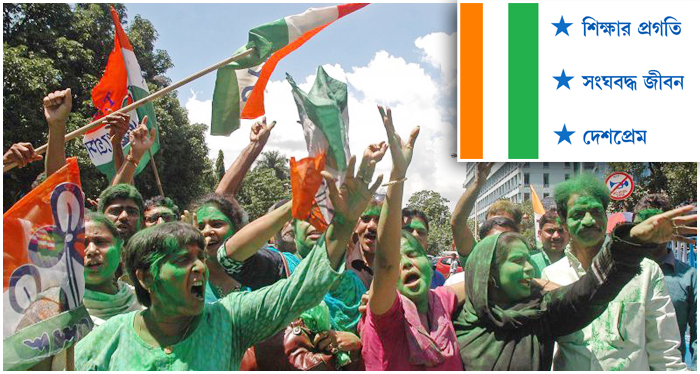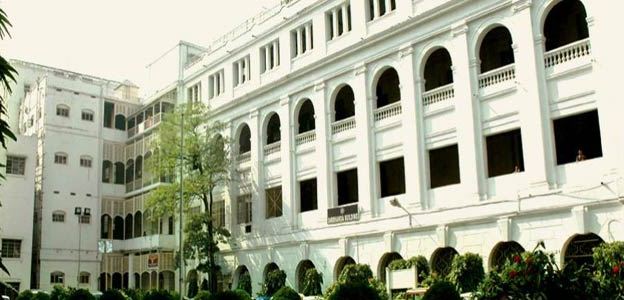Trinamool Chhatra Parishad (TMCP) won over 90 per cent of the seats in the students’ union elections of Calcutta University held here on Saturday.
“Of the 750 seats, there was no contest in about 680 seats,” Swagata Sen, returning officer of the polls and Dean of Commerce of the University told journalists.
In the remaining 70 seats, about 40 were won by the Trinamool Chhatra Parishad (TMCP), while the BJP-backed Akhil Bharatiya Vidyarthi Parishad (ABVP) won about 12 seats.
The Students Federation of India (SFI), the students wing of the Communist Party of India (Marxist), had to contend with only four seats.
The student wing of Congress Chhatra Parishad won three and Democratic Student Organisation won five seats in the contest.
TMCP President Ashok Rudra said that the reason for the victory was that other students unions had totally lost its base among students. He also told a newspaper: “Students are showering us with votes because of the huge amount of work done by West Bengal Government in the education sector, under the leadership of Mamata Banerjee.”





